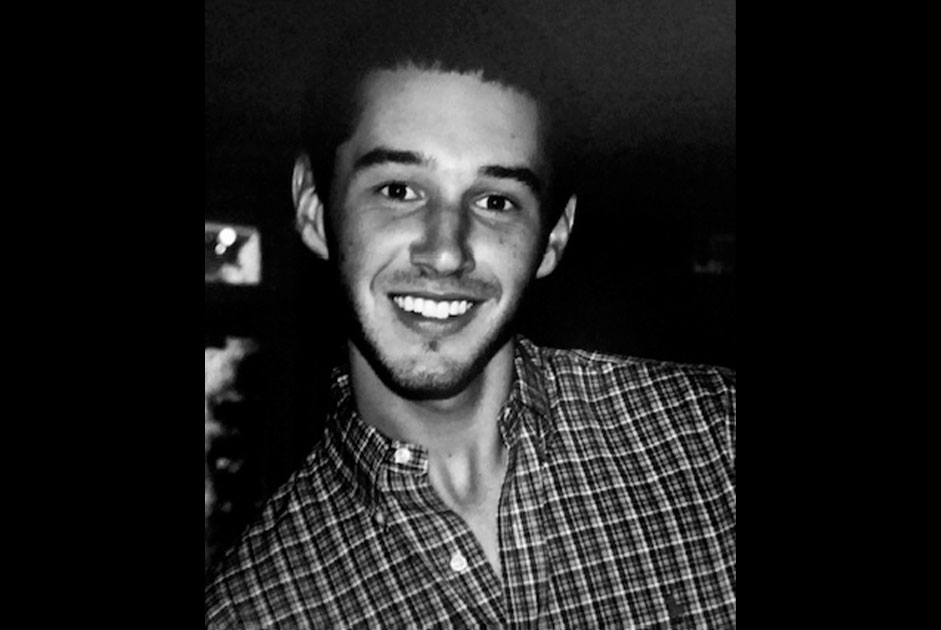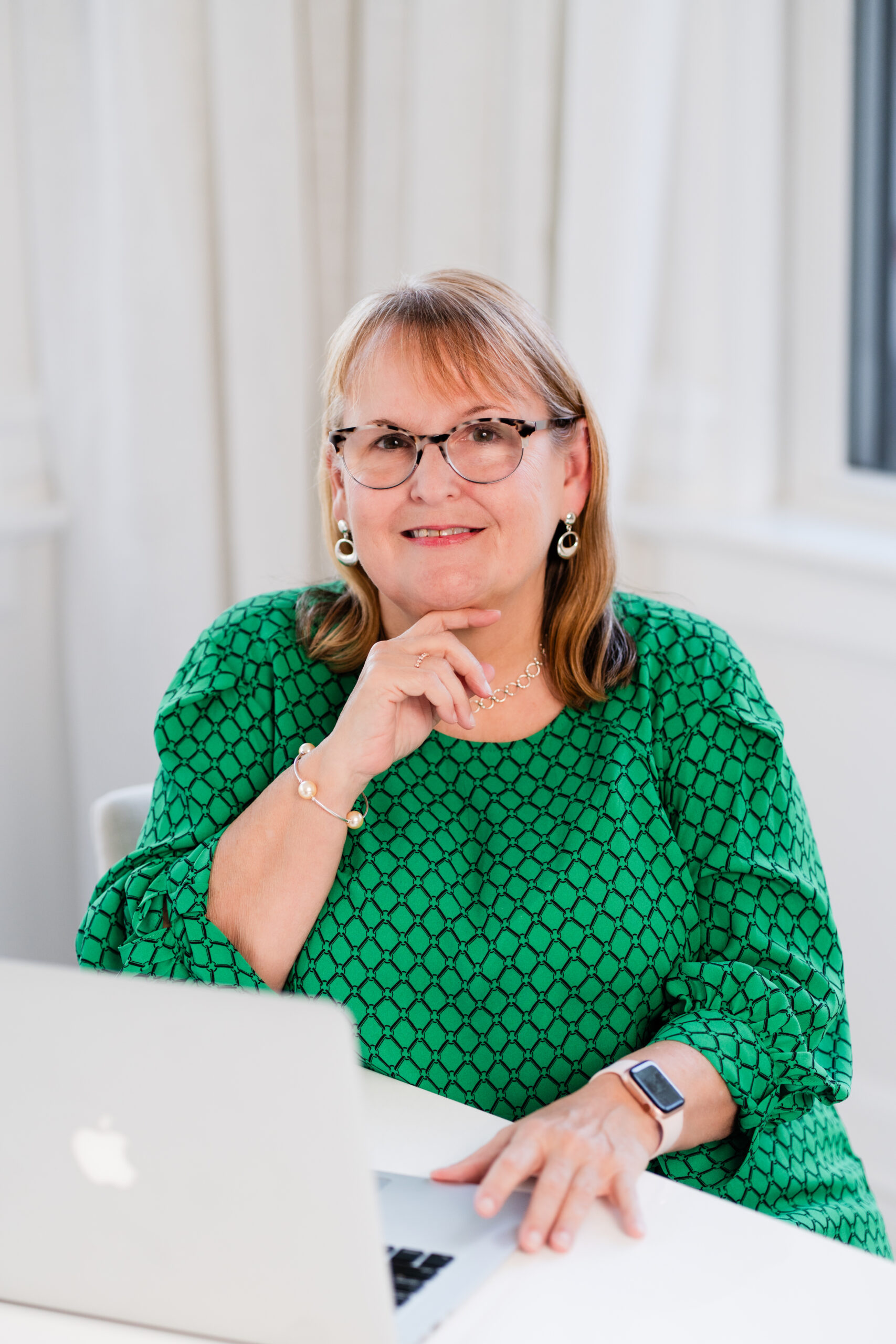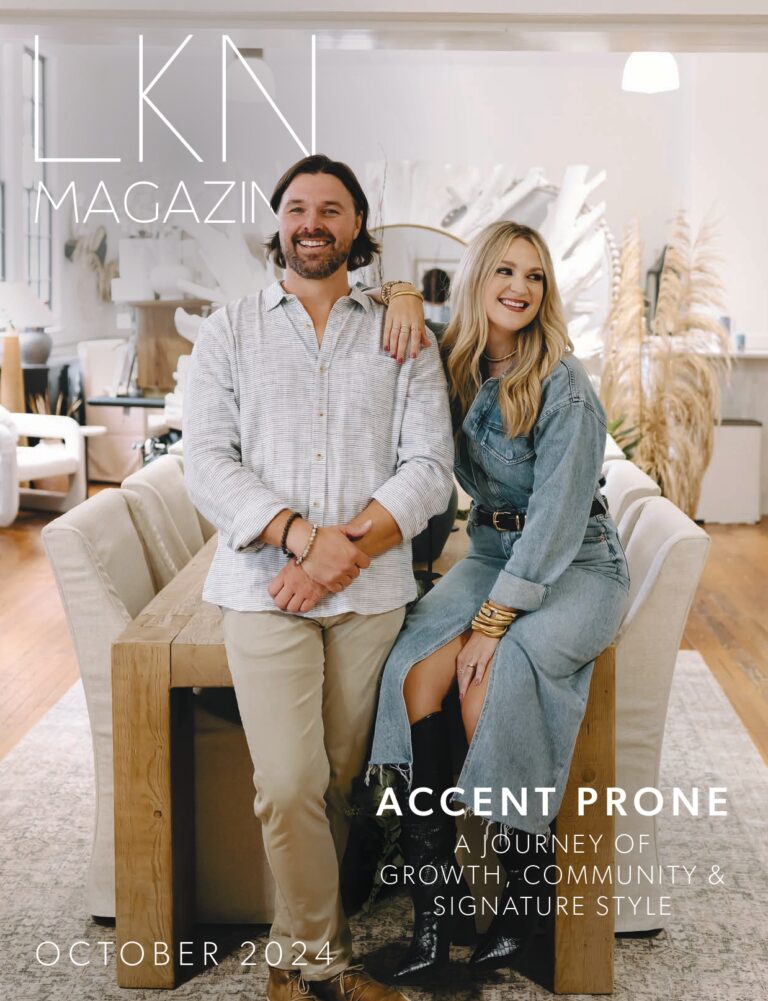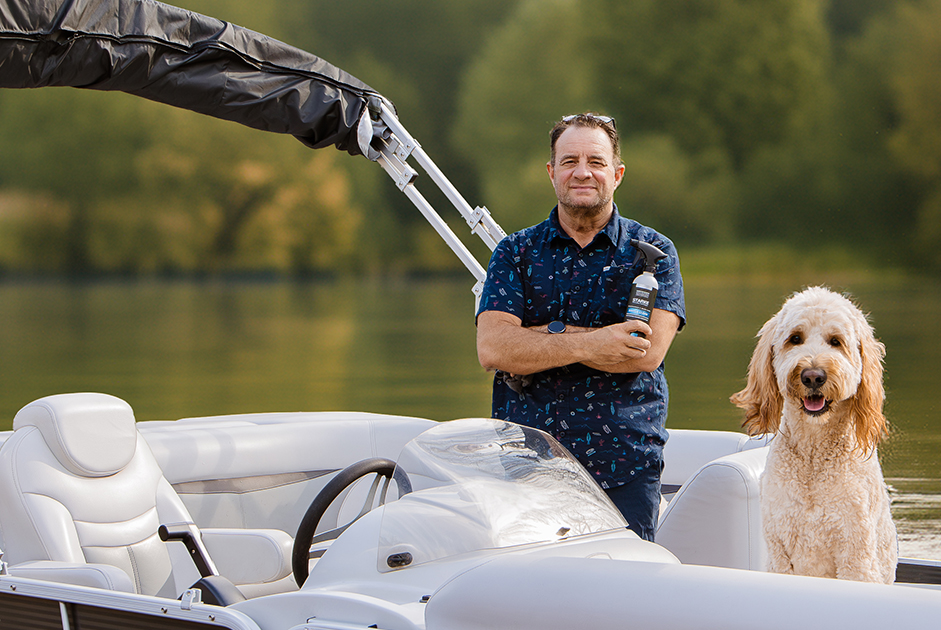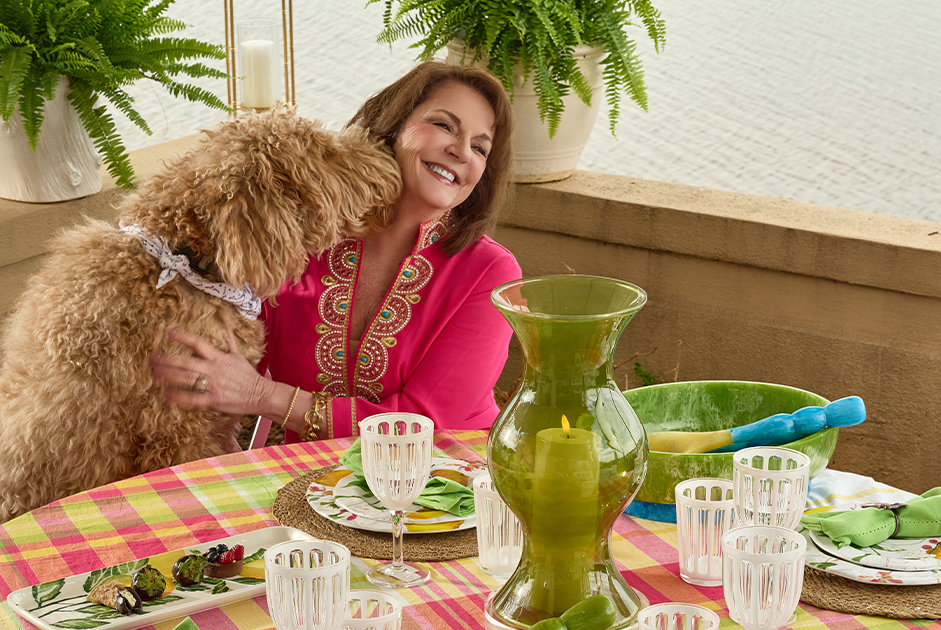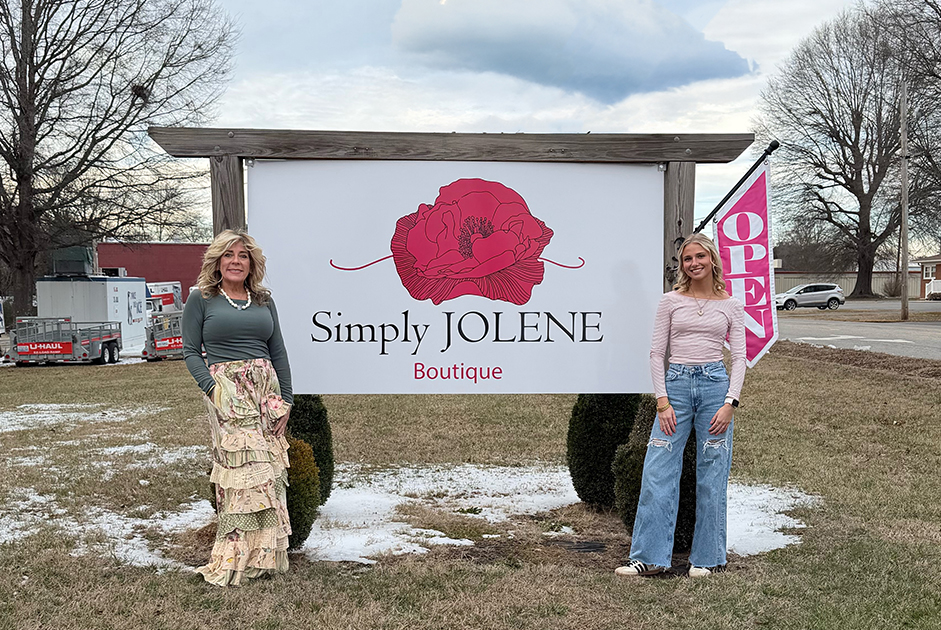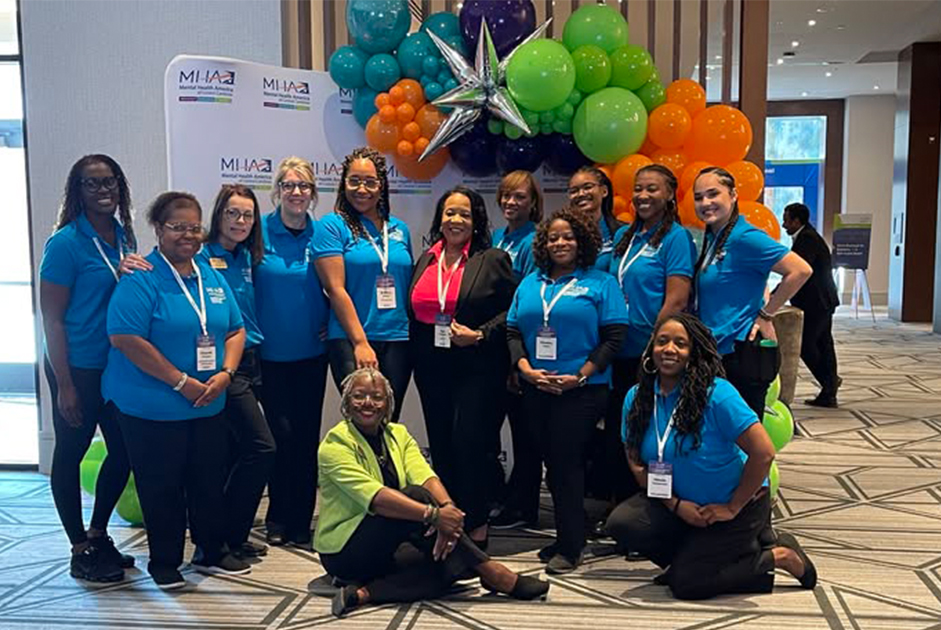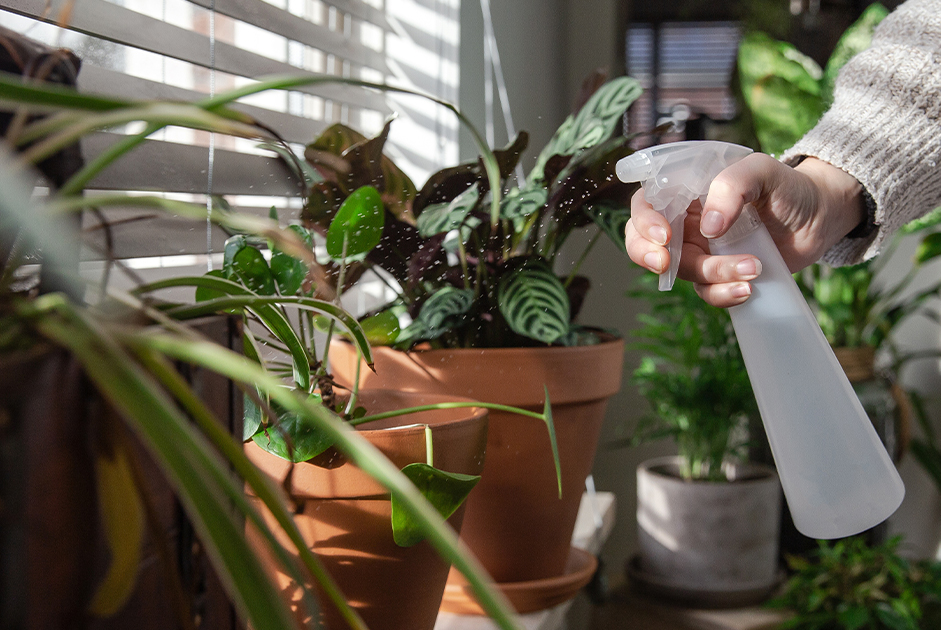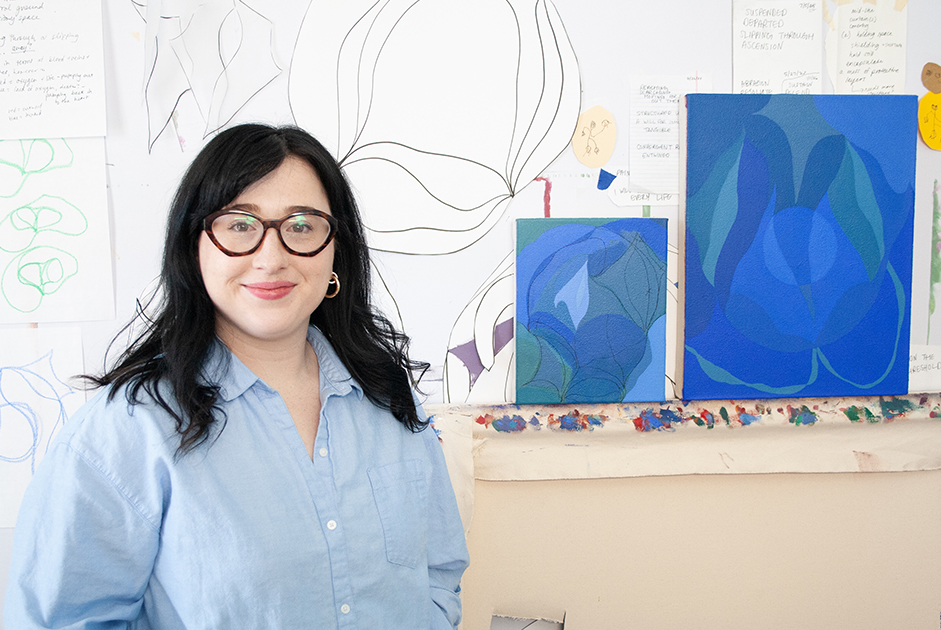Debbie Dalton finds herself on a mission that no mother wants or expects to embrace. Yet, her words are powerful as she reflects on the path her life has taken, the joy that only her son, Hunter, could exude, and the way the two have merged to offer education, support, and hope to countless young people and their families.
Born in Cornelius, NC, in 1993, Debbie’s son, Hunter, was an athlete and a fraternity brother, but most of all, Hunter was a friend and inspiration to everyone who crossed his path. Hunter’s loves included Little League baseball, soccer, basketball, and Pop Warner football – playing both JV and varsity football at Hopewell High School – and growing up on Lake Norman, savoring memorable days of swimming and boating with his family and friends. He enthusiastically graduated from UNC-Charlotte in 2016 and relocated to Raleigh to begin a new job.
Sadly, 2016 also marks the year Hunter passed away, after encountering an evil he could not overcome: Fentanyl.
“We held our precious son Hunter’s hand for seven days in the hospital, not believing this had happened to our family,” remembers Debbie. “We never saw this coming, but we know if we had known what we do now about Fentanyl in recreational drugs, that Hunter would still be with us.”

Hunter dubbed his own short time on earth “the HD Life,” a colorful collection of years filled with family, friends, joy, and adventure. Debbie loves reminding everyone she meets that her son was genuinely happy, and always wanted others to feel the exact same way. She also admits she went through a very dark time after Hunter passed away, but always felt her son’s incredible love of life pushed her to do everything in her power to make sure no other family suffers the same unbearable loss.
“We started the Hunter Dalton #HDLife Foundation to educate people about the real dangers of recreational drugs,” says Debbie. “I will walk through any open door to share our story.”
And walk-through open doors she does – to speak to school groups, parent groups, and civic groups – often finding bonds she never expected and realizing many are hearing this life-changing information for the first time. And the number of people who are not aware of the dangers of Fentanyl. with regard to recreational drug use, still astonishes her.

“Among those who have heard of the drug, the biggest misconception is who is susceptible, and where the drug is found,” says Debbie. “The assumption is Fentanyl deaths are linked to hard drugs like heroin, and that only people suffering from addiction are at risk. The reality is that Fentanyl has been found in all drugs, and first-time users are always at risk.”
One of the greatest threats, as Debbie explains, is counterfeit pills – such as Xanax, Adderall, and Percocet – laced with Fentanyl.
“Those pills are running rampant on school campuses, and sadly, most young people have been exposed to some form of illicit drug by the time they reach middle school,” says Debbie. “NO non-prescription drug is safe, and NO source should be trusted. Nobody can control the drugs on the street – those will either kill you or control you for the rest of your life.”
Her heartfelt presentation reveals more people are currently dying from drug overdoses than from homicides and motor vehicle accidents combined, with overdoses now the leading cause of accidental death for Americans under the age of 50. For young people, Debbie strongly believes hearing personal stories can leave a powerful, lasting impression. “Knowledge is power, and the dialogue has to permanently change from ‘Drugs are bad for you’ to ‘Drugs will kill you,’” she explains. “One mistake is sadly often followed with no second chance.”
From Debbie’s personal visits to many schools, she describes stacks of letters she has received from students, all with a common theme.
“They feel like Hunter could have been their best friend – and more importantly – that after hearing his story, they don’t ever want to do drugs. They truly relate to Hunter, and I do believe they are listening to our message,” she says.
“Every student who sees our presentation is given an #HDLife bracelet that we hope will be a constant reminder for them to make good decisions,” tells Debbie. She’s looking forward to a full schedule of speaking engagements this fall, with as many opportunities as possible to share Hunter’s story.

“I believe the saddest misconception with regard to the opioid crisis is it won’t happen to your own family,” shares Debbie. “That was certainly my thinking before we lost Hunter. Please know it is not you until it is you, and our entire community should be very concerned about the current statistics.”
The #HDLife is a 501(c)(3) non-profit organization with information on Debbie’s mission, special events, and donating found at thehdlife.org, or you can reach her at [email protected]. Also visit morepowerfulnc.org, a wonderful resource for schools working together with communities to overpower the opioid crisis.
